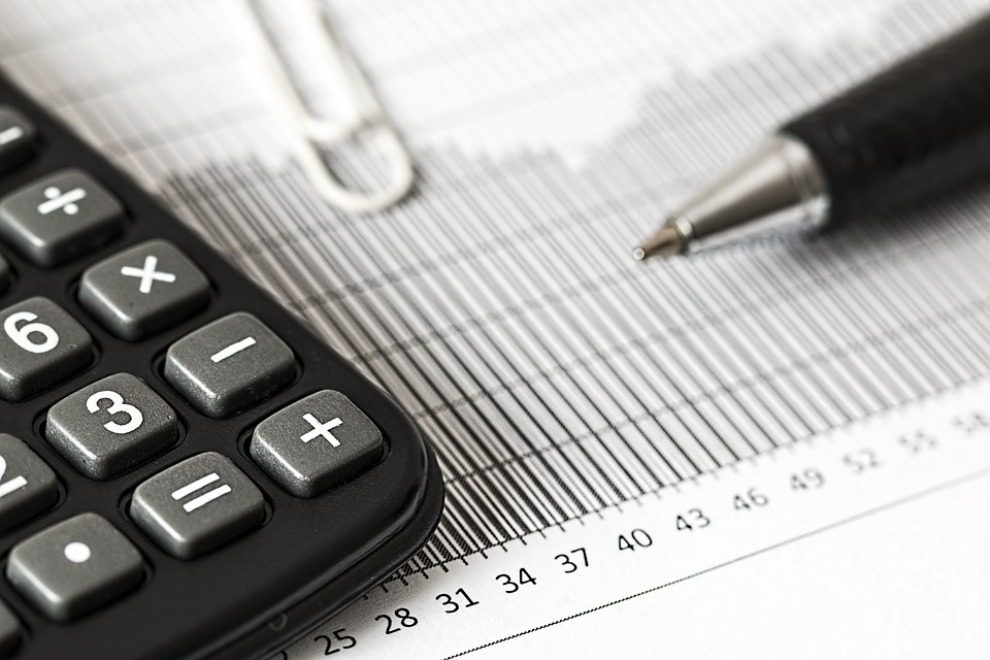It’s the New Year and lots of us will have made new year resolutions to become fitter, happier and healthier. The new year is also a good opportunity to completely overhaul your finances. Changes made now, will have a positive effect for the following year. So identify any financial goals you have and make strong resolutions, which will help you on your way to achieve them.
The following guide will help you to a more stable financial future.
Identify your goals
Have a clear, concise financial goal for the future. Don’t be vague with your goals, in other words, saying that you want to save for a deposit on a house isn’t sufficient. It’s important to identify exactly how much you would like to save for a house by a certain date and plan regular goal assessments throughout the year to ensure you’re on track.
Organise any debt
Most people have debt of some kind, whether it is a mortgage, bank loan, credit card or store card. It is important to prioritise your debts so that the debt with the highest interest is paid off first, this is most likely to be credit card debt. If you have any savings, use them to pay off credit cards. You will incur more interest on your credit cards than any interest your savings make you.
Sometimes debt can spiral out of control and you may require some advice from financial specialists such as the debtsettlement.co , they will assist you to make the best decision when handling your debt.
No matter how much debt you find yourself, always ensure that you pay your mortgage or rent as a priority, you don’t want to find yourself homeless or have your house repossessed. Be honest with your lenders, they may offer help in managing future payments.
Savings plan
There are many financial products available to help with developing a savings plan. Most banks offer this service as a matter of course. If you would like completely impartial financial advice, it is a good idea to hire the expertise of an independent financial advisor. No matter how little, or how much you earn try to develop the habit of saving 10% of your wage each month as a minimum.
Emergency funds
Do you have money set aside in case of emergencies? If you haven’t already started to put money aside, start now. Saving for an emergency fund maybe the last thing on your mind when you’re sticking to a tight budget, however your budget will be blown out of the water if you have to make financial payments due to your car breaking down or your washing machine causing a flood! Putting a small amount away now will cushion any potential financial emergencies from occurring.
Budget
To budget effectively you need to spend less than you earn.This sounds a simple concept in theory, but to make this work you need to aware of what you spend your money on and where savings can be made. Take a good hard look at your bank statements and identify where savings can be made. How many times did you eat out last month and how much did it cost? Are you still paying for a gym membership that you no longer use? Even if these amounts seem a drop in the ocean compared to any money owed, small changes can have a huge impact on your financial health in the future.
Hopefully by following this guide you will achieve any financial goals you may have.












Add Comment